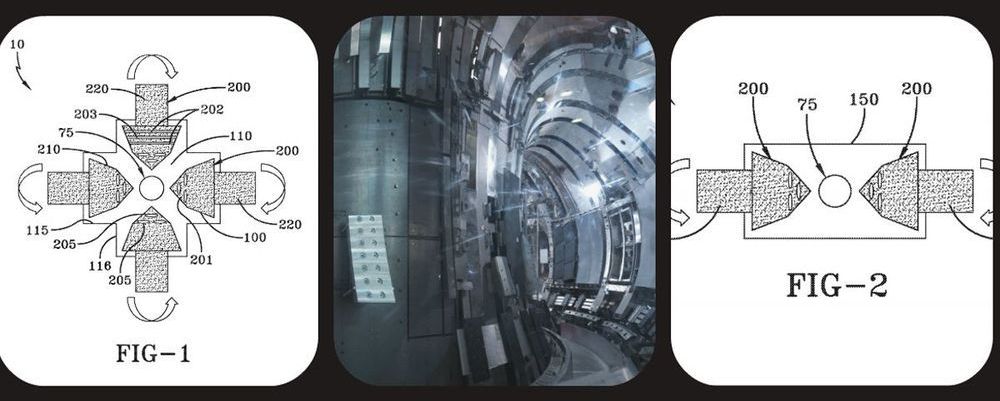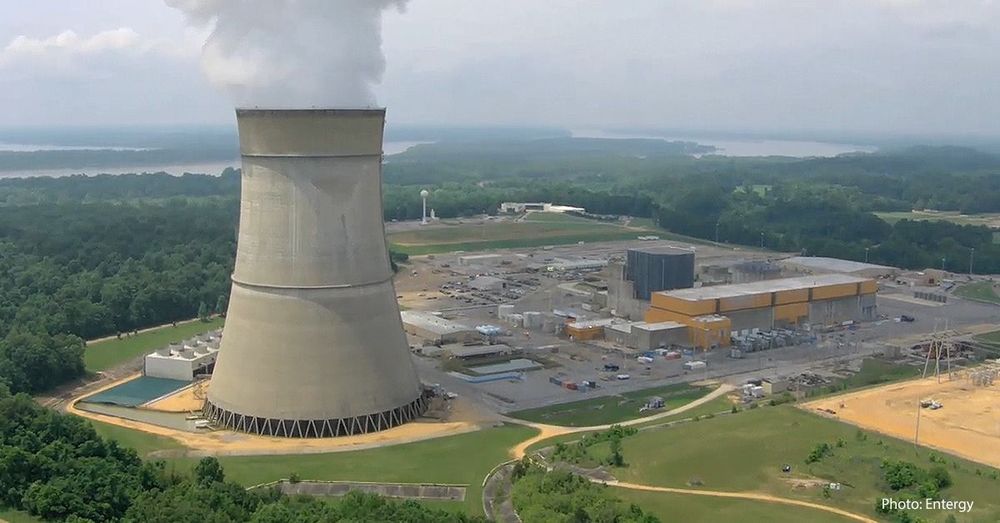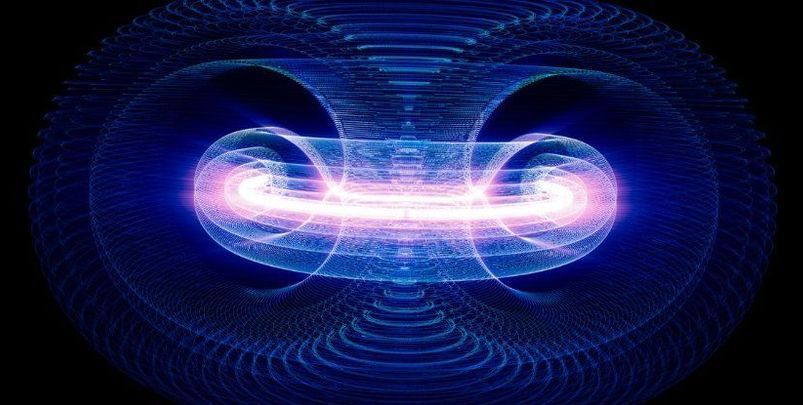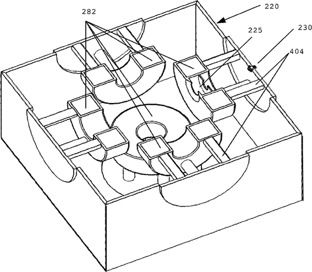Circa 2019
Scientists have longed to create the perfect energy source. Ideally, that source would eventually replace greenhouse gas-spewing fossil fuels, power cars, boats, and planes, and send spacecraft to remote parts of the universe. So far, nuclear fusion energy has seemed like the most likely option to help us reach those goals.
The big problem? It’s difficult to harness, and we’re nowhere near producing it at the scales we need in order to cause a seismic shift in energy policy. That’s why teams of researchers across the world are racing to improve our understanding of this reaction.
Now, the U.S. Navy has jumped into the game by filing a patent for a compact fusion reactor, according to exclusive reporting by The War Zone.









